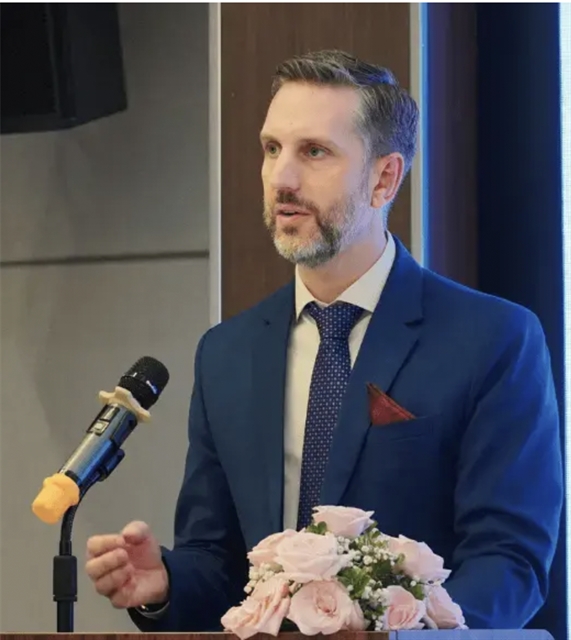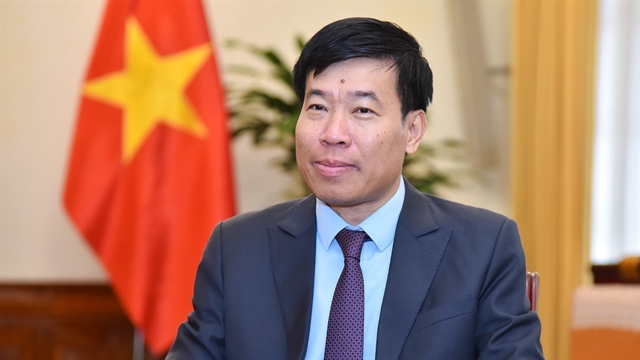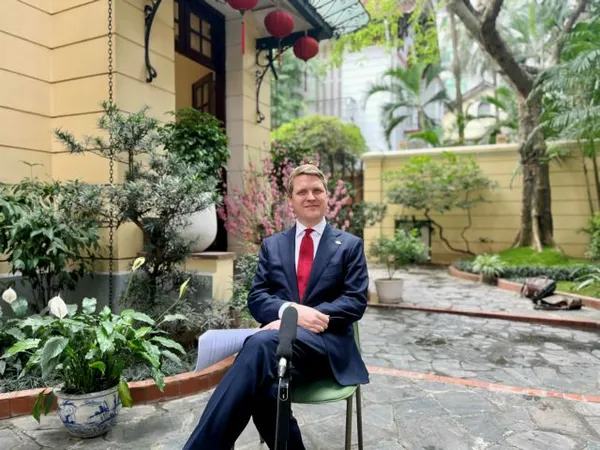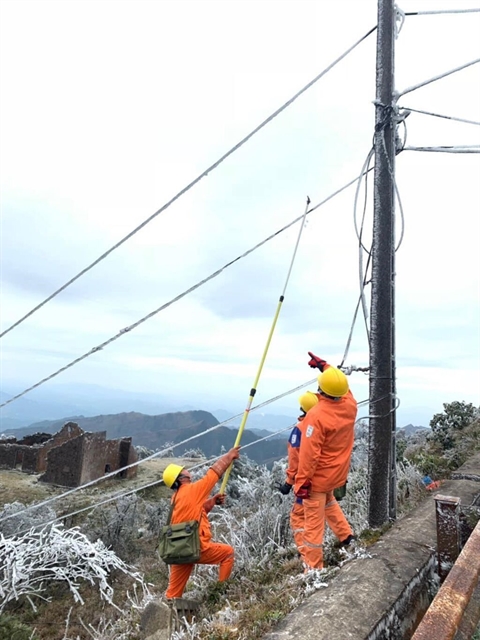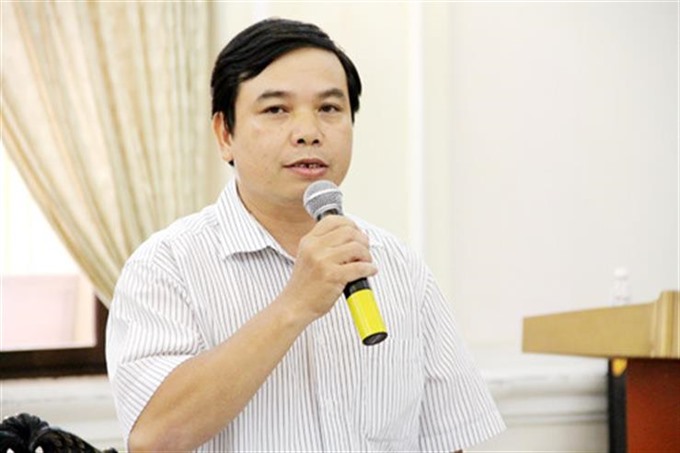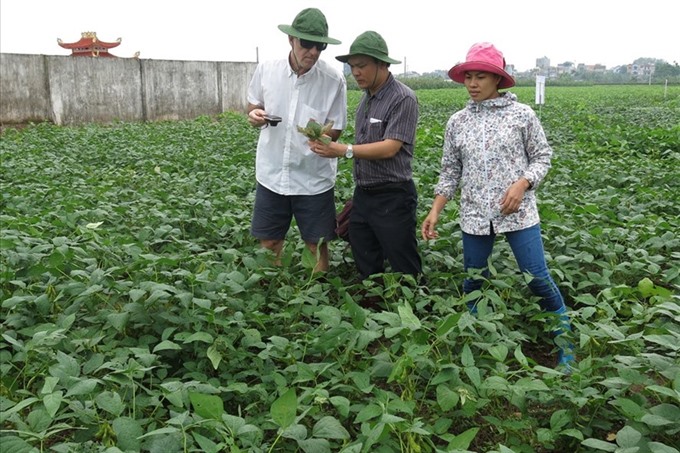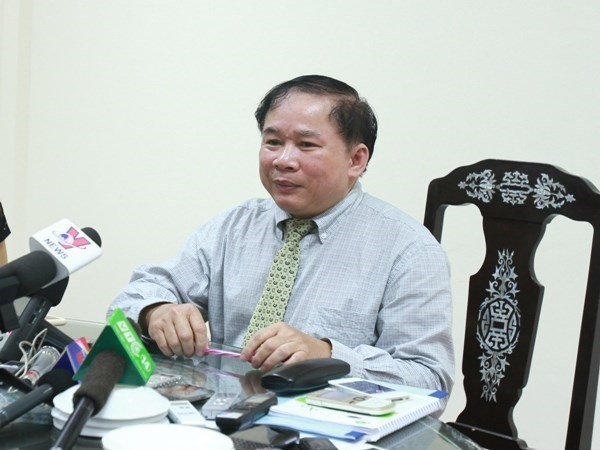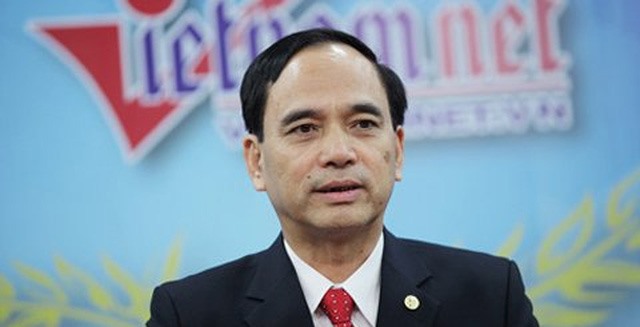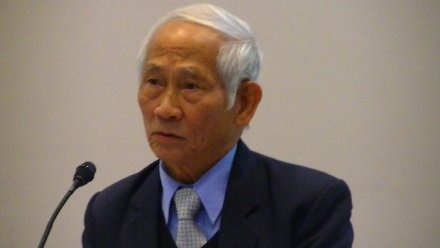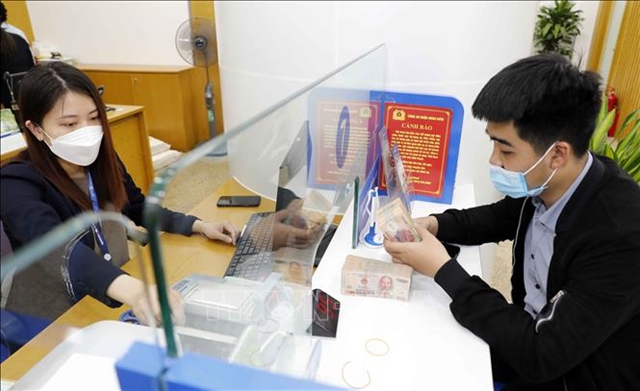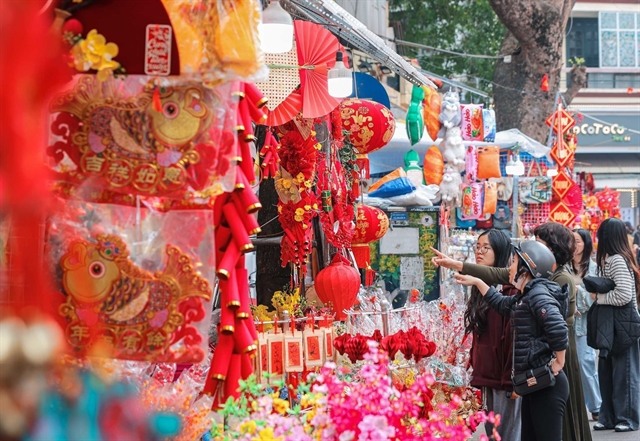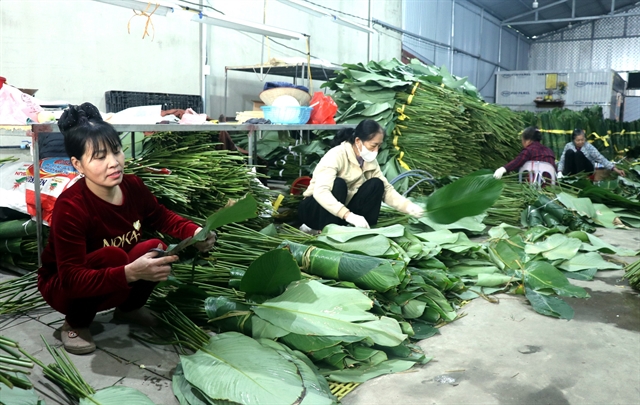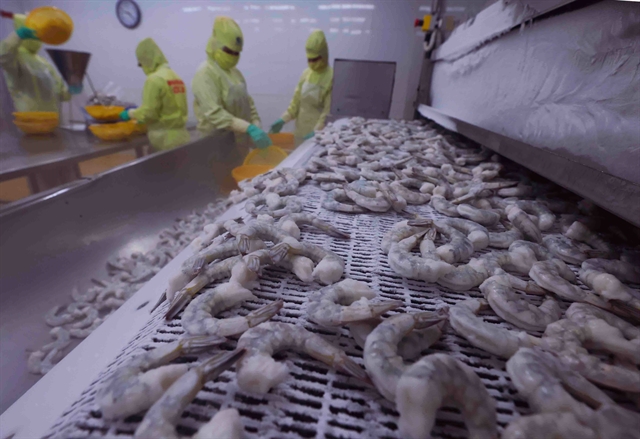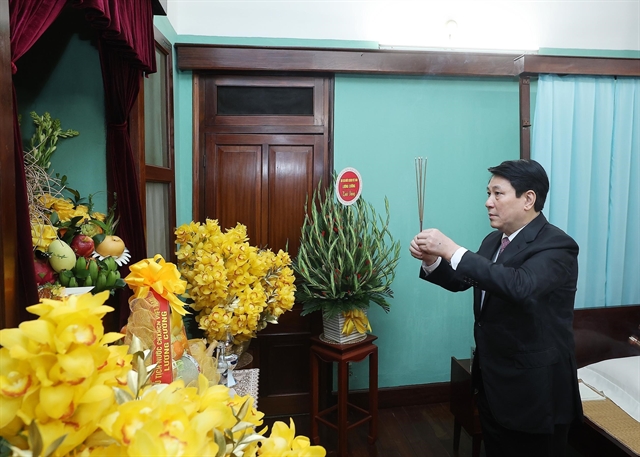
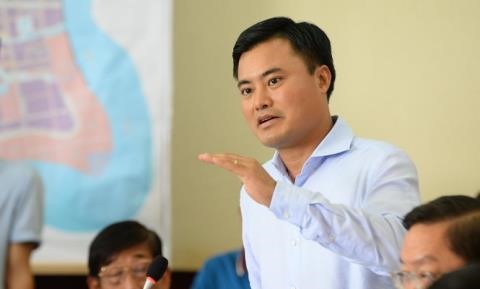 |
| Bùi Xuân Cường |
Bùi Xuân Cường, director general of HCM City Department of Transport, tells the Tuổi trẻ (Youth) newspaper that people have to be consulted in the course of developing a transport policy for the city.
Don’t you think that one of the missions of the transport policy is to regulate the public transport behaviour, not to chase after transport demand?
To develop proper urban public transportation, in HCM City and the nation as a whole, we have to learn lessons from other countries and apply them to our own conditions.
There are three steps we should follow: develop ring roads and light rail systems; focus on development of public transport systems while limiting the use of private cars in the inner city; replace oil/diesel running cars with electric cars or other means of transport which is friendly to the environment.
Of course, in the course of transformation, certain groups of people will be affected. That’s why we need to launch a communication campaign to raise awareness among the general public on the benefits of keeping the environment clean.
For HCM City, we don’t need to follow the three steps in a particular order. We should develop more ring roads while tightening the control of private cars and encouraging people to use electric cars.
How can public opinion be managed on this issue?
In real life, a new idea is always subject to public criticism. But we have to be patient and never give up.The most difficult decision for us will be to choose which groups to include in the priority list when our infrastructure is still being completed, and which means of transport will be on the priority list.
For example, in HCM City, public buses are given top priority. But the decision has been strongly criticised by many people who say they provide poor service.
To solve this problem the city authorities have developed a proposal to improve the bus fleet and services from now till 2020.
Are you confident that the urban transport picture HCM City will be much better in the near future?
When we talk about urban transportation, we cannot forget fees levied on cars entering the city centre or permits for cars to enter the city based on odd or even license plate numbers; the environmental fee and others. These rules have already applied in many foreign countries. However, HCM City has some major transport infrastructure located deep inside the city, including sea ports, airports and railway stations. So we have to conduct thorough studies to come up with realistic plans.
Many transport experts say that before making final decisions, policy makers have to adhere to the principle of “all for the good of transportation flow.” How would you respond?
Any solution that is adopted must be attached to individual responsibility. But the final and decisive factor is the decision of the ruling political system. In my opinion, before making a final decision, we should consult the people and concerned agencies/offices and consider their comments or suggestions. No new transport rule can be just issued by the sector. For example, to reduce transport congestion in the inner city, I’m sure that we should put a cap on building high rises in the city center, but such a decision must be taken in consultation with people and other concerned branches. — VNS
